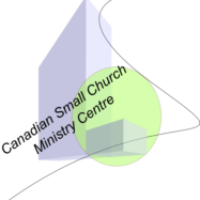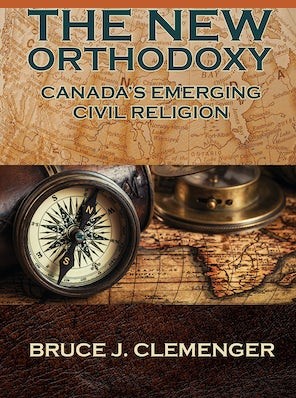Book Review: The New Orthodoxy by Bruce Clemenger
reviewed by Ron Baker
The older I get the more I realize that good writers write for an audience. Peripherally, those outside the audience may reach in and glean some gems but they may miss the inside jokes, jabs and camaraderie.
If you are a political science type, or even an intensely interested bystander in the world of Canadian “politic”, you will love this book! Clemenger (past president of the Evangelical Fellowship of Canada) has refashioned words to hopefully take the sting away from recent radical redefinitions. Where this is not possible he has crafted his own phrasing and approach with words. I commend him with utmost respect for a well written and closely reasoned approach to the new civil religion in Canada.
Let’s bring this into perspective.
To live peaceably in this country is at an all time low. In an upside down world the fight is on to help Canada maintain diversity, inclusion and equality. Unfortunately the varying sides speak with different definitions of DIE. To fully accept the other’s definition is to step foot into enemy territory with the idea of defection. To understand the other’s definition is to be able to dialogue and perhaps persuade. This would be Clemenger’s liberal pluralistic approach as compared to a top down republican secularist approach.
Clemenger invites us to support, within the Canadian political realm, a liberal pluralist regime rather than a liberal secularist regime. He reasons that the current federal political power is based in secularity and is serving in a republican fashion. In a republican setting, “The republic is right – and the republic is us” would be a possible tenet of the leaders.
In Canada, the replacement of a previous federal system of hierarchical “Christian” governance (with its own corruptions) has been gradual. I, personally, remember the uproar over Pierre Elliott Trudeau in Western Canada in the late 60’s and into the 70’s. As a teen youth I was not totally aware of what was happening.
In one striking example, I began to realize that, while multiculturalism is a reflection of God’s kingdom, the way to that kingdom is littered with broken lives and promises. On another level, I have watched as some have chosen the route of secularism to rid the world of unhealthy godliness (an oxymoron). We can now view the extreme outworking of this in a province proclaiming to be avidly secular. Federal governments have tried to mediate arising polarities with a distinct leaning towards excising God from the equation.
In the midst of all this, Clemenger espouses a liberal pluralist regime which will take into account all people. That approach will require true tolerance and a faith in others. Further, there will need to be dialogue, discussion and true compromise (coming together with promise of better). Such a liberal progressive attitude will allow for harmony with one another – as much as is possible. And hopefully allow us to live together in peace.
Spend some time reading this tome. It is not a tomb! There is life in Clemenger’s words – let’s dig into what he has to say.

